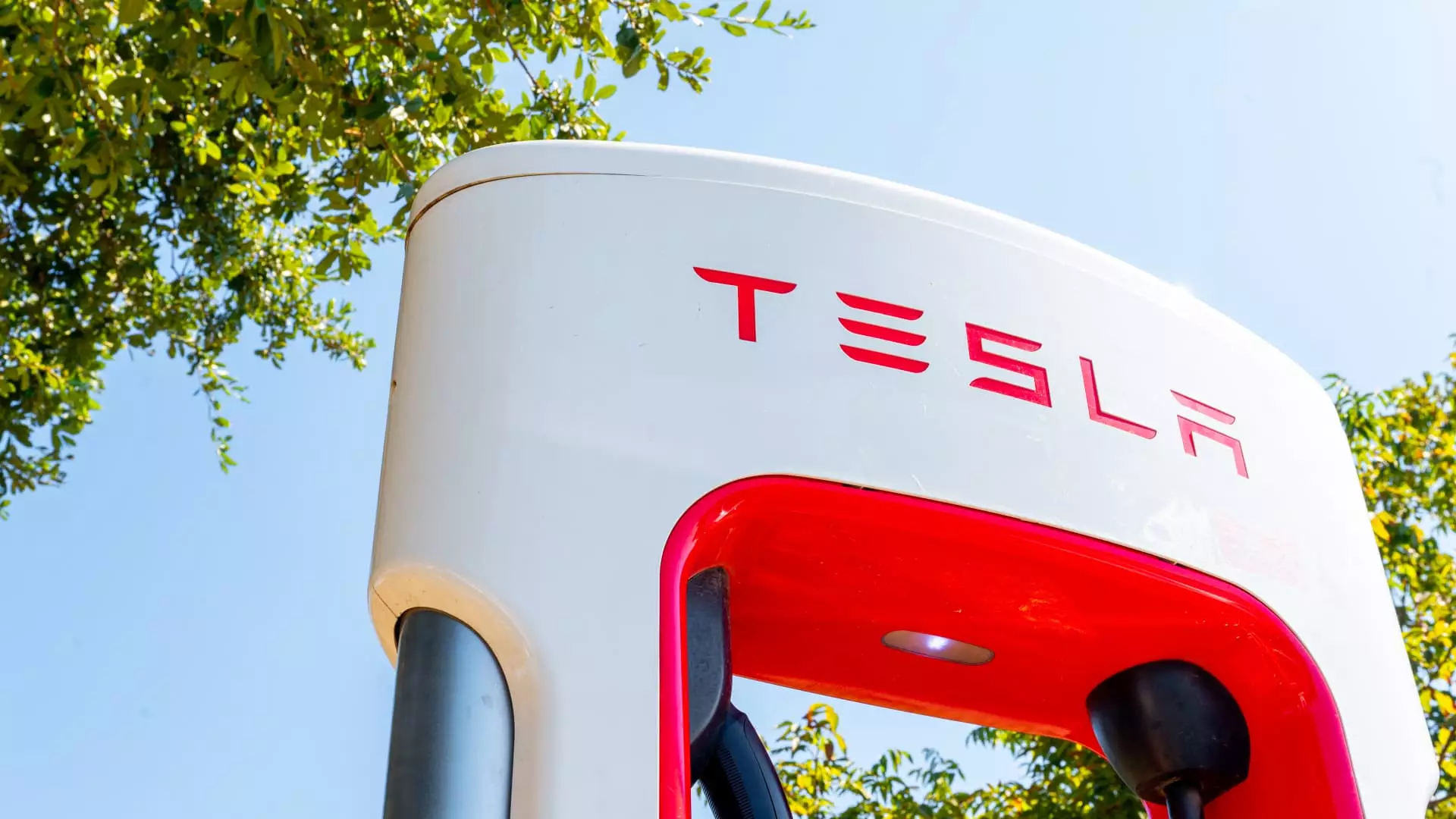The electric vehicle juggernaut Tesla has found itself amid serious allegations following a tragic incident involving its Autopilot technology. In a case that has drawn significant attention, the family of Genesis Giovanni Mendoza-Martinez, a driver who died in a 2023 collision, is suing the company. This lawsuit raises critical questions about Tesla’s claims and marketing of its automated driving systems, adding to the growing scrutiny surrounding the safety of self-driving cars.
The Incident: A Collision with Consequences
Genesis Giovanni Mendoza-Martinez lost his life in a crash while driving a Tesla Model S in Walnut Creek, California. His brother, who was a passenger during the accident, sustained serious injuries as well. The Mendoza family has filed a lawsuit against Tesla, claiming that the company engaged in “fraudulent misrepresentation” regarding the safety and capabilities of its Autopilot technology. They argue that Tesla exaggerated its functionality to bolster sales and improve its public image, which, they contend, ultimately contributed to the fatal accident.
This tragic episode represents not just personal loss, but also a potential pivot point for the perception of automated driving technology. The crash occurred when Mendoza was reportedly using Autopilot, which is marketed as a fully capable driving system but still requires oversight and intervention from the human driver. The implications of this distinction are dire, particularly when legal liability is assessed.
Originally filed in a California state court, the Mendoza family’s case was recently moved to federal court—a maneuver that could impact the litigation’s outcome. Plaintiffs in federal courts often face a more rigorous standard for proving claims of fraud. Tesla’s legal team is likely banking on this procedural shift to challenge the family’s assertions more forcefully. Tesla contends that any reliance on its representations about Autopilot’s capabilities was not a substantial factor in the tragedy, suggesting that Mendoza’s own actions played a more significant role.
This shift to federal court indicates the seriousness with which Tesla is treating the allegations. With over 15 other ongoing cases related to similar claims about Autopilot and Full Self-Driving (FSD) technology, the stakes continue to rise for the company. The broader legal landscape could influence how automated driving systems are regulated and perceived moving forward.
The crash involving Mendoza-Martinez is not an isolated incident but part of a larger pattern of concerns regarding Tesla’s Autopilot function. The National Highway Traffic Safety Administration (NHTSA) has been investigating the technology since August 2021, raising alarms about whether existing software adjusts adequately to critical situations, particularly concerning stationary first responder vehicles. These investigations emphasize the growing unease among regulators regarding the safety of autonomous driving technologies.
Tesla has made adjustments to its systems in response to previous scrutiny, rolling out over-the-air updates. However, the NHTSA’s recent activation of a second probe illustrates that concerns linger despite these modifications. The agency also criticized Tesla’s marketing tactics on social media, warning that they might mislead the public into thinking its vehicles are closer to full autonomy than they truly are.
The Broader Implications for the Industry
Tesla’s challenges intensify in light of competition from other companies, like Waymo and WeRide, which already operate commercial robotaxi services. While Tesla continues to push its vision of a self-driving future, its inability to deliver on promises made since 2014 raises questions about its credibility. With competitors successfully implementing their autonomous systems, Tesla risks falling behind if it cannot effectively navigate the complexities of legal and regulatory landscapes.
As Tesla prepares to deploy a new version of its Full Self-Driving technology, the company must tread carefully. Elon Musk has been vocally enticing followers with demonstrations of self-driving capabilities, suggesting a magical experience ahead. However, the juxtaposition of enthusiastic promotion against a backdrop of legal challenges and regulatory scrutiny complicates Tesla’s narrative.
The lawsuit from the Mendoza family serves as a reminder of the high stakes involved in automated vehicle technology. The outcome could have far-reaching repercussions not only for Tesla but for the future of self-driving cars as a whole. As society stands on the brink of widespread adoption of automated driving, it is crucial that safety, transparency, and responsible marketing practices take precedence in this rapidly evolving landscape.


Leave a Reply